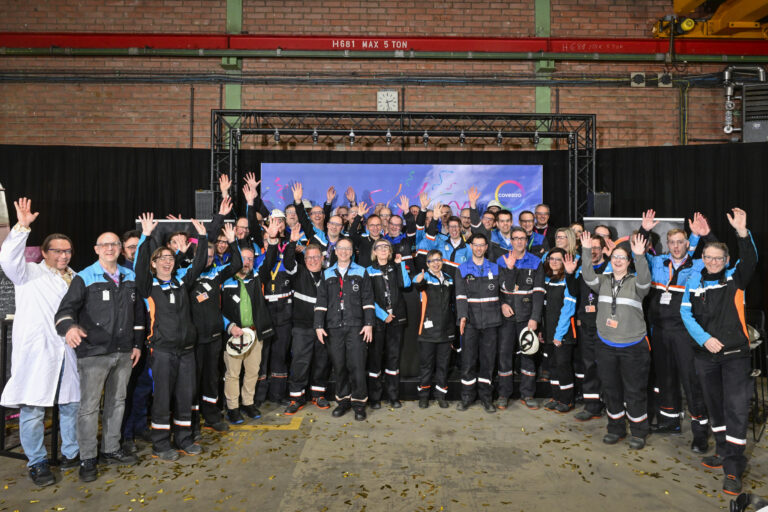At its Antwerp site in Belgium, Covestro has completed construction for its first plant that can produce polycarbonate copolymers on an industrial scale. high-quality plastics
The new platform technology is based on a solvent-free melt process, in combination with a new reactor concept. This is designed to make polycarbonates with adjustable properties more accessible.
“Compared to pure polycarbonates, the copolymers open up new possibilities for us to integrate further functionalities and properties into our materials,” said Lily Wang, global head of the engineering plastics business unit at Covestro.
“These can range from improved mechanical properties, a higher resistance against chemical attack to an enhanced flame retardancy. By that, we can offer innovative materials that meet the high requirements of our customers in a wider range of applications. We will focus first on materials for the electrical, electronics and healthcare industries, while future innovations might focus on mobility and other trends.”
Covestro plans a rapid market launch of new polycarbonate copolymers that have been developed and tested on a laboratory and pilot scale in recent years.
In addition to the reduced complexity of the new production process, the connection to the existing infrastructure in Antwerp, where there are four existing production lines for polycarbonate, enables global scale production with the flexibility of a standalone unit.
Sucheta Govil, chief commercial officer at Covestro, said, “With the new plant, we can now produce and launch new polymer materials on an industrial scale much faster than before. This is the result of several years of development work by our research and process technology teams, as well as our long-term experience with polycarbonates.
“In our Solutions & Specialties segment, we focus on sophisticated products with a high pace of innovation, which is a key success factor since customer requirements change quickly.”
To understand its customers’ needs, Covestro will showcase some of the products that could be produced with the new plant at the Chinaplas exhibition in Shanghai, China, in April.



